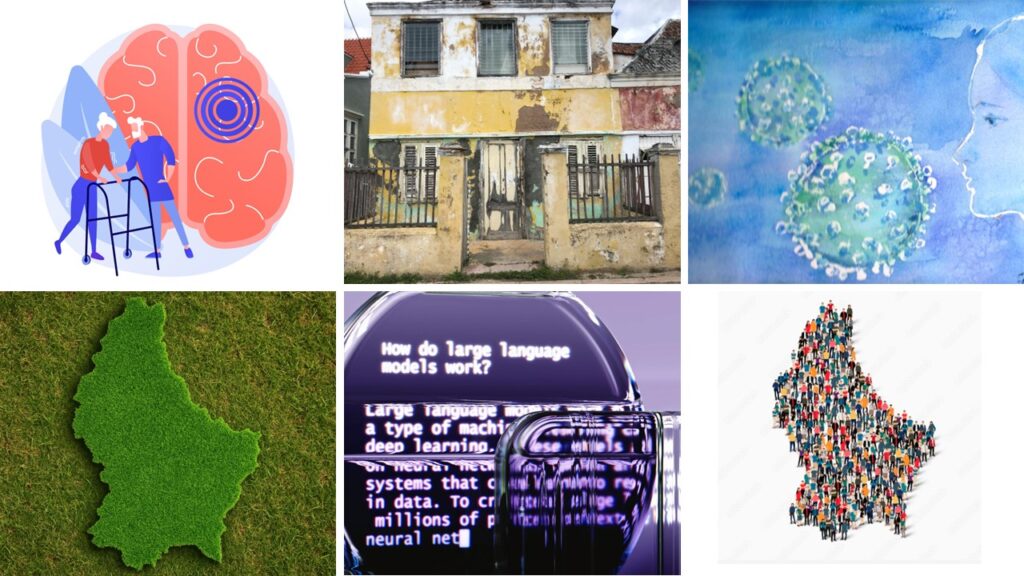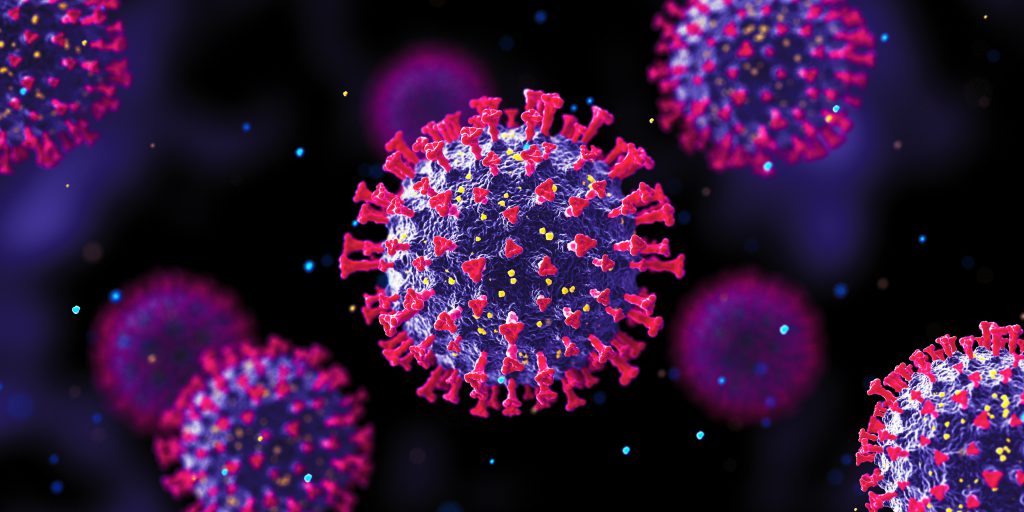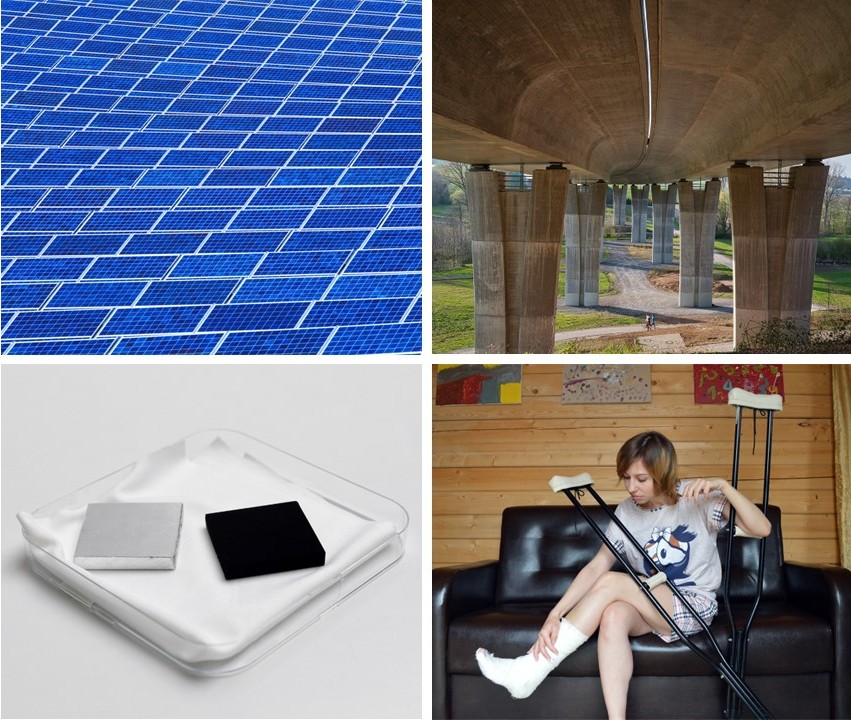Women in Science: Luxembourg contributes to large survey of gender bias in the IPCC
08 March 2022

Gender equity and the climate research community.
The Intergovernmental Panel on Climate Change (IPCC) needs to do more to include the expertise and voices of women, even as numbers and policies improve. These are the key findings following a survey with over 500 contributors of the IPCC. Dr Andrew Ferrone, Head of the Meteorological department at the Luxembourg Ministry of Agriculture, Viticulture and Rural Development, was part of the team evaluating the survey and has co-authored a corresponding comment in Nature.
In 2018, the IPCC established the Task Group on Gender to compile a report with recommendations. The report, presented at a plenary session in May 2019, included the results of a survey of IPCC participants that showed ongoing gender biases and barriers.
Members of this task group have presented a summary of their findings in a recent Nature article, also describing subsequent actions and set out what still needs to be done as the IPCC wraps up its sixth assessment cycle in 2023.
The task group set up a survey sent to IPCC members, receiving 533 responses.
Survey reveals rising involvement of women
The survey uncovered some positive trends. For example, women’s rising involvement reflects broader shifts in science: Women now constitute about 30% of researchers worldwide but have lower representation at senior levels (see go.nature.com/3g6ej88). The IPCC’s rules of procedure list gender as one criterion for selecting author teams, in addition to disciplinary and regional balance.
The was agreement amongst three-quarters of both female and male survey respondents, that gender balance has improved. Overall, 79% felt positive about the transparency of decision-making, and 89% were positive about the learning experience. Over three-quarters had excellent or good experiences in terms of being respected and listened to, as well as in making professional connections.
Negative aspects observed
Negative aspects revealed in the survey centre mostly around men dominating the discussions and writing; women reporting other people taking credit for their idea; and a significant 1/3 of women reported being told they were only in the IPCC because they are a woman. Other negative aspects include barriers for participation, such as lack of time, childcare obligations, not having the confidence to challenge others. This was reported by both male and female respondents.
Next steps
The sixth assessment cycle of the IPCC is finishing in 2022 – a new gender action team is proposing to undertake another survey of experiences in the current cycle, and to further develop a code of conduct and formal training on diversity. An expert meeting on diversity and inclusivity is planned for the seventh assessment cycle.
“Through continued attention and effort, we all look forward to a more balanced and gender-inclusive environment in the IPCC and in climate science more broadly,” the task force concludes in Nature.
Recommendations that the Intergovernmental Panel on Climate Change gender task group called for in its 2019 report:
- National and other contact points should consider and monitor gender balance in soliciting nominations; build diverse capacity; and share best practices.
- Develop an IPCC gender policy and implementation plan and gender committee, with objectives, actions, monitoring and regular reporting.
- Increase the share of women in the leadership of the IPCC; mainstream gender concerns into the selection of authors, review editors and reviewers.
- Provide training on inclusive practices, gender balance and consensus decision-making, especially for those leading chapters and reports.
- Undertake regular surveys and feedback.
- Ensure that IPCC meetings take into account travel safety, family issues and pregnancy, with support and options for remote participation.










